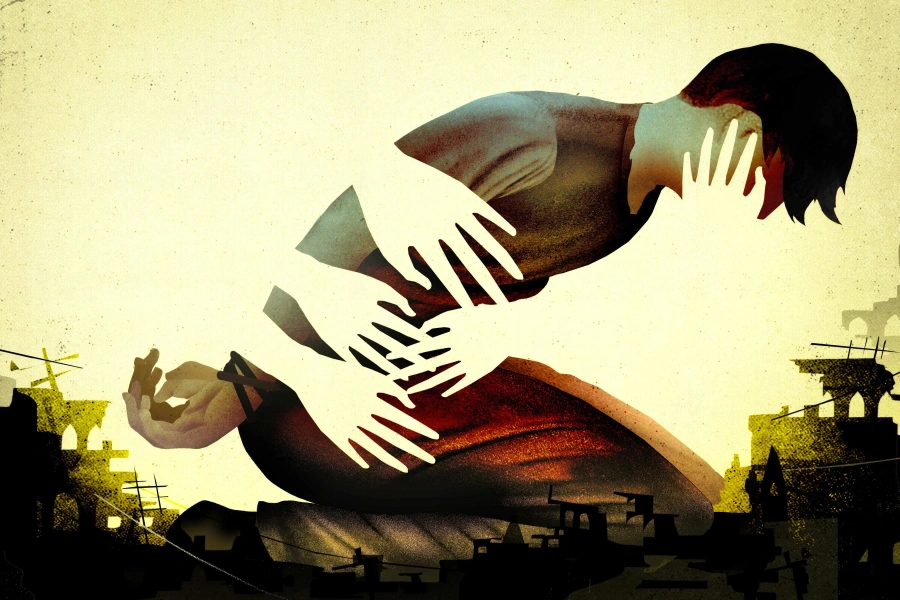KATHMANDU, May 5: The National Human Rights Commission (NHRC) has said the people living with HIV shall not be denied their rights under any circumstances. It has urged all the stakeholders not to cause any obstructions for the people with HIV to exercise their human rights.
A report about the status of human rights of HIV-infected unveiled by the national rights body cited that the people living with HIV have been largely denied their rights.
NHRC Acting Secretary Murari Prasad Kharel said the people with HIV have no environment to live a dignified life. On top of that, the HIV-infected under the poverty-line live a wretched life.
They face numerous challenges in terms of employment opportunities, education, social participation, health care facilities and for fulfilling the basic needs of dependent family members. In some cases, HIV-infected children are denied enrollment in school. Even an individual with HIV experiences denial for a surgery in need in case of any health complications.
The report states that infected women face additional challenges for exercising their rights than their male counterparts. According to Kharel, HIV-infected continue to face social stigma, discrimination and exclusion and they are missing in the local levels' official data.
HIV AIDS infection reduced by 40%: UNAIDS

Likewise, most of the infected live under absolute poverty, face challenges to meet even their basic requirements, are deprived of nutritious food, have to struggle to manage the transport fare for visiting the treatment centers and so on. However, the impact of the government health insurance scheme is positive among the infected and their families and the level of infection is relatively less among the people who are not returnees from India.
According to the report, women are more socially stigmatized and face additional discrimination and challenges because of their gender.
Infected women who are denied the Nepali citizenship in absence of required legal documents face more problems, infected children are compelled to hide their status in schools and in case of the revelations of the situation, they are insulted, stigmatized and discriminated against by teachers and peers.
Some people with HIV infection have complained that they are denied citizenship just on the basis of their health. Some lack legal documents to acquire it and as a result their children have been denied birth registrations. The number of such infected in the Nawalparasi West is more than 90.
The NHRC advises the government to make additional efforts to improve the rights of the people with HIV and ensure free higher education for them.
The government has been urged to ensure effective HIV tests within the community to reduce the infection rates.
The new infections rate is high among those who are addicted to drug injection (two percent), men who have sex with men (19 percent), female sex workers (nine percent), male sex workers (eight percent) transgender (19 percent), male migrant workers (25 percent), and their families, according to the National Centre for AIDS and STD Control. As of December 2020, there were 30,300 HIV-infected people in Nepal.
(RSS)





































